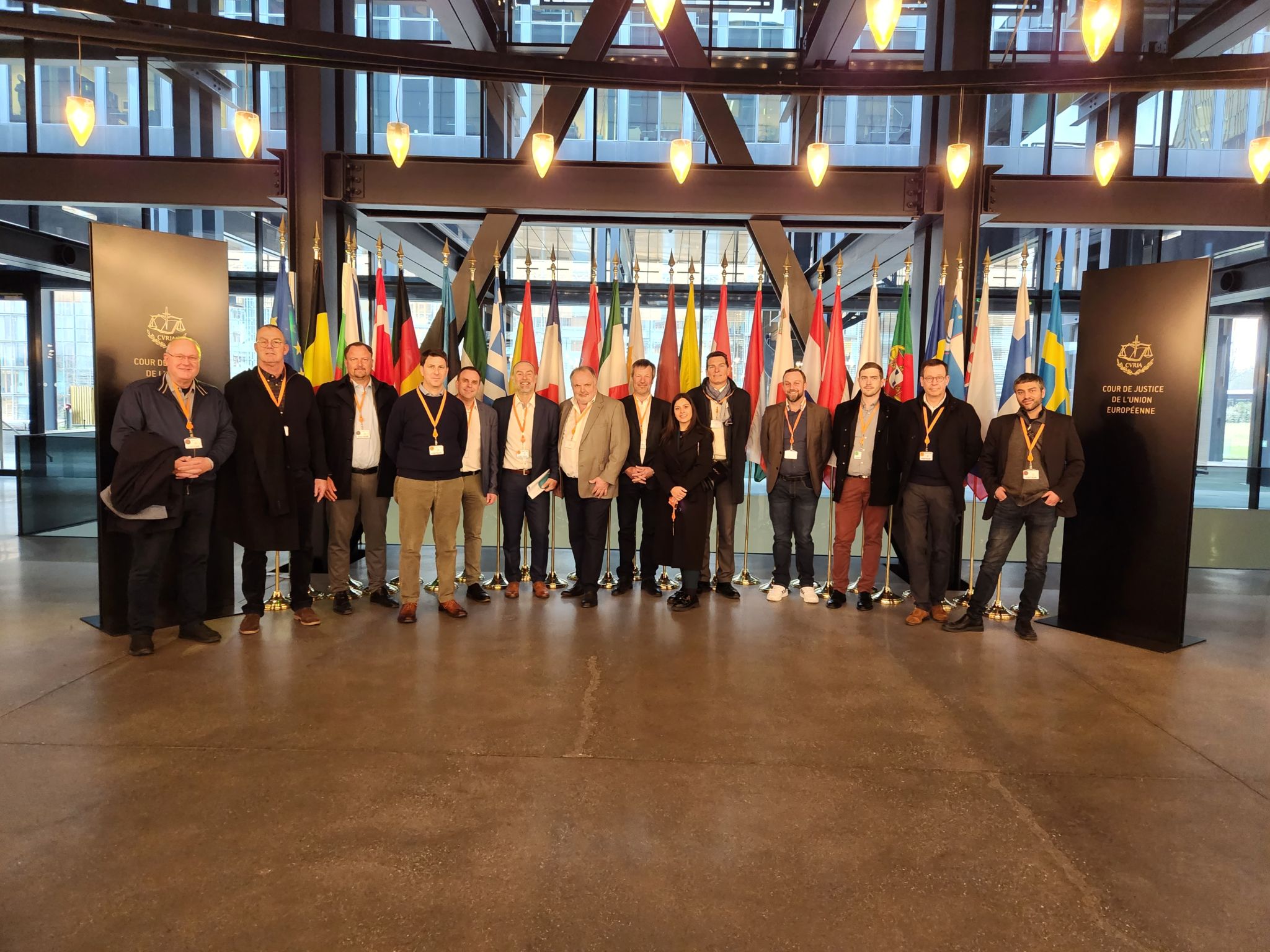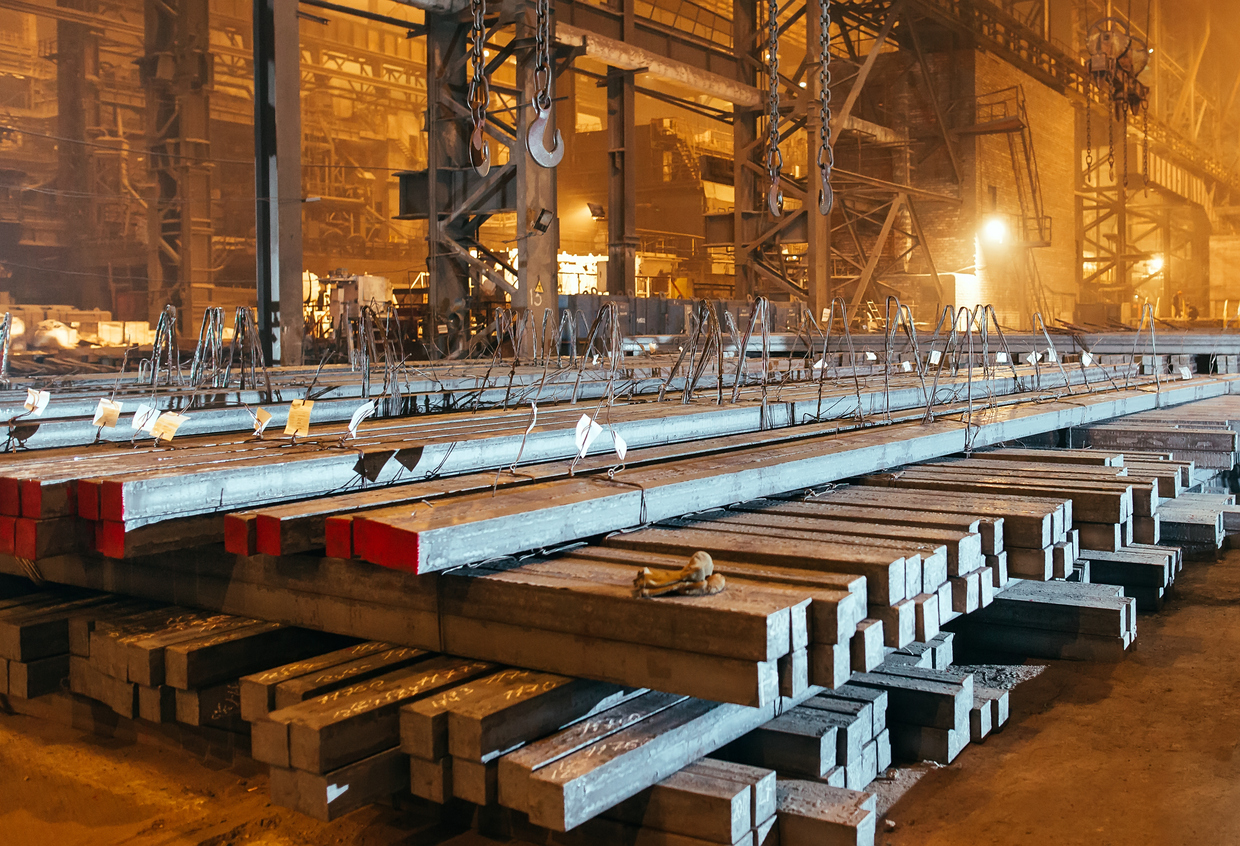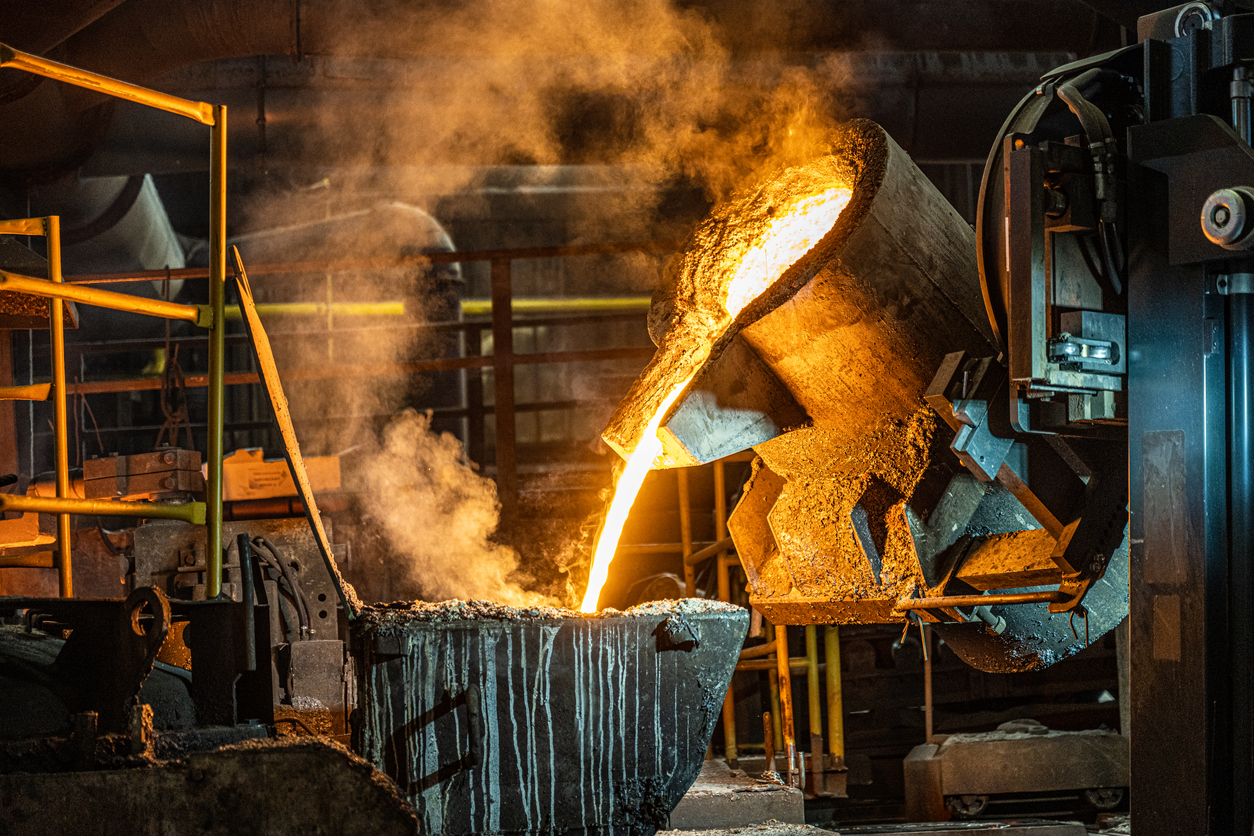
Back in March 2018, the Trump administration restricted steel imports into the United States of America. Believing that these restrictions would open the door to a massive instream of American steel into the EU, the European Commission responded by installing its own provisional safeguard measure some 15 months later.
Covering 26 steel product categories, the definitive safeguard measures were implemented from February 1st, 2019, onwards and imposed a 25% import duty, payable as soon as quarterly product-quota is exhausted. Three years later, the EC would decide whether it would prolong this safeguard measure for a further 3 years.
Exploding Demand
Although the feared flood of steel imports diverted from the USA into the EU couldn’t be verified, the situation in 2021 was drastically different from that in 2018. The world had been severely affected by the COVID-19 pandemic, but by 2021 the EU was in full economic upswing. This exceptionally active year was expected to make up for the minimal activity of 2020. Demand for steel had exploded to such an extent that there were shortages of many products, leading to steeply rising prices, longer delivery times and disruptions in production downstream.
However, under strong political pressure and after carrying out a summary investigation, the EC decided to extend the safeguard measure for a further three years.
Financial Uncertainty
Meant to protect an EU industry (which was reaping historically high profits), the extension of this safeguard measure prolonged the negative impact along the supply chain. Steel distributors, processors, fabricators, and manufacturers – seeking to fill product shortages through imports – found themselves faced with financial uncertainties and administrative hassles stemming from the steel safeguard measures.
As several import quotas are systematically exhausted by the very first day of each new quarter, the duties applicable on these imports are calculated a posteriori and are based on the rate of overrun of the quota in question, easily exceeding 12%.
The dangerous unpredictability of these imports means they can swallow up an importer’s entire profit margin in one fell swoop. To add insult to injury, the costs incurred by storing goods in bonded warehouses while a quarter-quota is exhausted are significant. The financial and practical burden lies squarely on the shoulders of the importers, leading the members of EURANIMI to react.
Court Appeal
We made submissions to the EC when they were investigating the extension of the steel safeguard measure, which was prolonged despite our best efforts. And so we had no other legal option than to launch an appeal with the Courts on 20 September 2021.
On 7 March 2023, and in the presence of many EURANIMI members, our attorneys were heard by the General Court of the European Union in Luxemburg. On 4 October 2023, the Courts delivered their groundbreaking verdict.
Our day at the General Court of the European Union, Luxemburg
Related Articles
Case Documents
Please log in as a member to consult all related case documents.
































